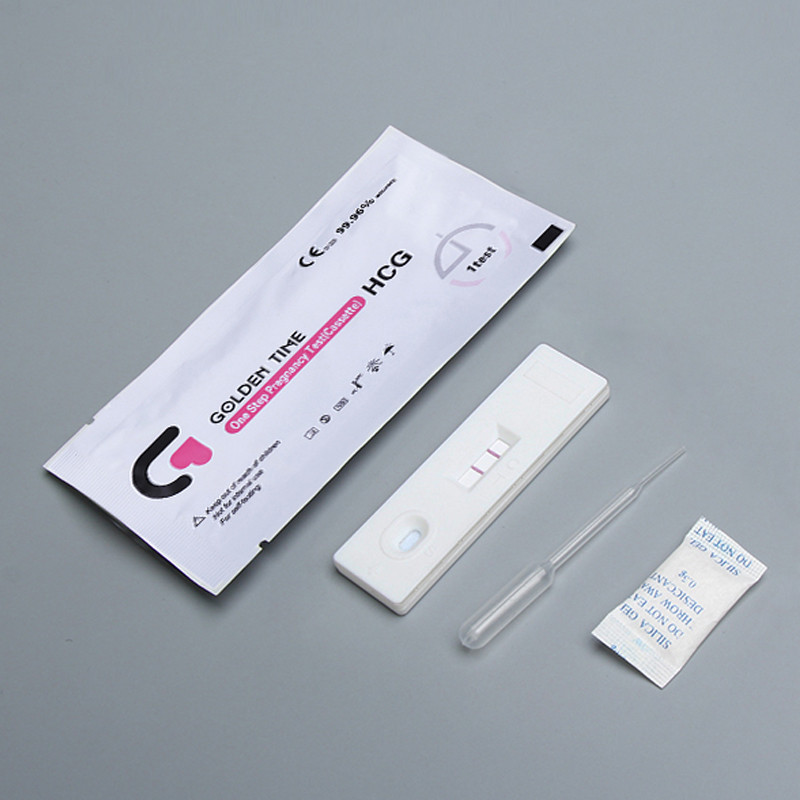Nov . 15, 2024 05:23 Back to list
best syphilis antibody test
Best Syphilis Antibody Test Understanding, Importance, and Options
Syphilis, a sexually transmitted infection (STI) caused by the bacterium Treponema pallidum, poses significant health risks if left untreated. One of the most effective ways to diagnose syphilis is through antibody tests, which can identify the body’s immune response to the infection. Understanding the best syphilis antibody tests, their methodologies, and their importance can help individuals manage their sexual health better.
Why Syphilis Testing is Crucial
Syphilis is often referred to as the great imitator due to its ability to mimic other diseases. Early detection is vital as untreated syphilis can lead to severe health complications, including cardiovascular issues, neurological damage, and even death in advanced stages. Regular screening is especially important for individuals at higher risk, such as those with multiple sexual partners, men who have sex with men, and individuals with a history of other STIs.
Types of Syphilis Antibody Tests
Two main types of tests are commonly used to detect syphilis non-treponemal tests and treponemal tests
.1. Non-Treponemal Tests These tests, such as the Rapid Plasma Reagin (RPR) and Venereal Disease Research Laboratory (VDRL) tests, detect non-specific antibodies that the body produces in response to cell damage caused by the syphilis infection. While these tests are easy to administer, they can produce false positives due to other medical conditions, leading to the need for confirmation through treponemal tests.
2. Treponemal Tests These tests, including the Enzyme Immunoassay (EIA) and the Fluorescent Treponemal Antigen Absorption (FTA-ABS) test, specifically detect antibodies produced against Treponema pallidum. Treponemal tests are generally more accurate and are used to confirm a syphilis diagnosis after a non-treponemal test has returned a positive result.
The Best Syphilis Antibody Test
best syphilis antibody test

Determining the “best” syphilis antibody test depends on various factors, including the clinical context, the resources available, and the urgency of diagnosis. The combination of non-treponemal and treponemal tests is often considered the gold standard for syphilis diagnosis, especially in situations where confirmation is paramount.
Among individual tests, the FTA-ABS is regarded highly due to its sensitivity and specificity. It can accurately identify syphilis infections, even in the early stages, and does not produce false positives as frequently as non-treponemal tests. Furthermore, once treponemal antibodies are formed, they generally remain detectable for life, which can complicate interpretations in previously treated individuals.
Advances in Syphilis Testing
Recent advancements in syphilis testing technology have led to the development of rapid point-of-care tests. These tests can provide results within minutes and are particularly useful in settings where laboratory facilities are limited. They typically combine the principles of treponemal and non-treponemal tests, allowing for immediate diagnosis and treatment initiation.
Importance of Accessibility and Education
Despite the availability of these tests, barriers to testing still exist. Stigma surrounding STIs, lack of awareness, and limited access to healthcare services can prevent individuals from seeking necessary testing. Therefore, public health initiatives must emphasize the importance of regular STI screenings and educate the community about the effectiveness of syphilis antibody tests.
Conclusion
The best syphilis antibody test ultimately hinges on a combination of accuracy, availability, and the context of the healthcare setting. Regular screenings and understanding testing options are crucial steps in combating syphilis and other STIs. As awareness grows and testing becomes more accessible, the chances of early detection and successful treatment increase, significantly improving health outcomes for affected individuals. With timely intervention and proper healthcare education, we can continue to reduce the incidence of syphilis and its related complications in our communities.
-
Reliable Early Pregnancy Test Kit Supplier - Multi Plastic Cassette Options
NewsJul.30,2025
-
Transferrin Rapid Test Cassette – Reliable Tumor Marker Detection
NewsJul.29,2025
-
Accurate Follicle Stimulating Hormone Test Kit | Rapid Reliable Results
NewsJul.29,2025
-
High Accuracy LH Ovulation Test Kit - Digital Results & Wholesale Options
NewsJul.29,2025
-
HbsAg Blood Rapid Test Kit for Fast & Accurate Hepatitis B Detection
NewsJul.28,2025
-
Sterile Urine Cup for Safe & Easy Collection | High-Quality Specimen Cups
NewsJul.28,2025

